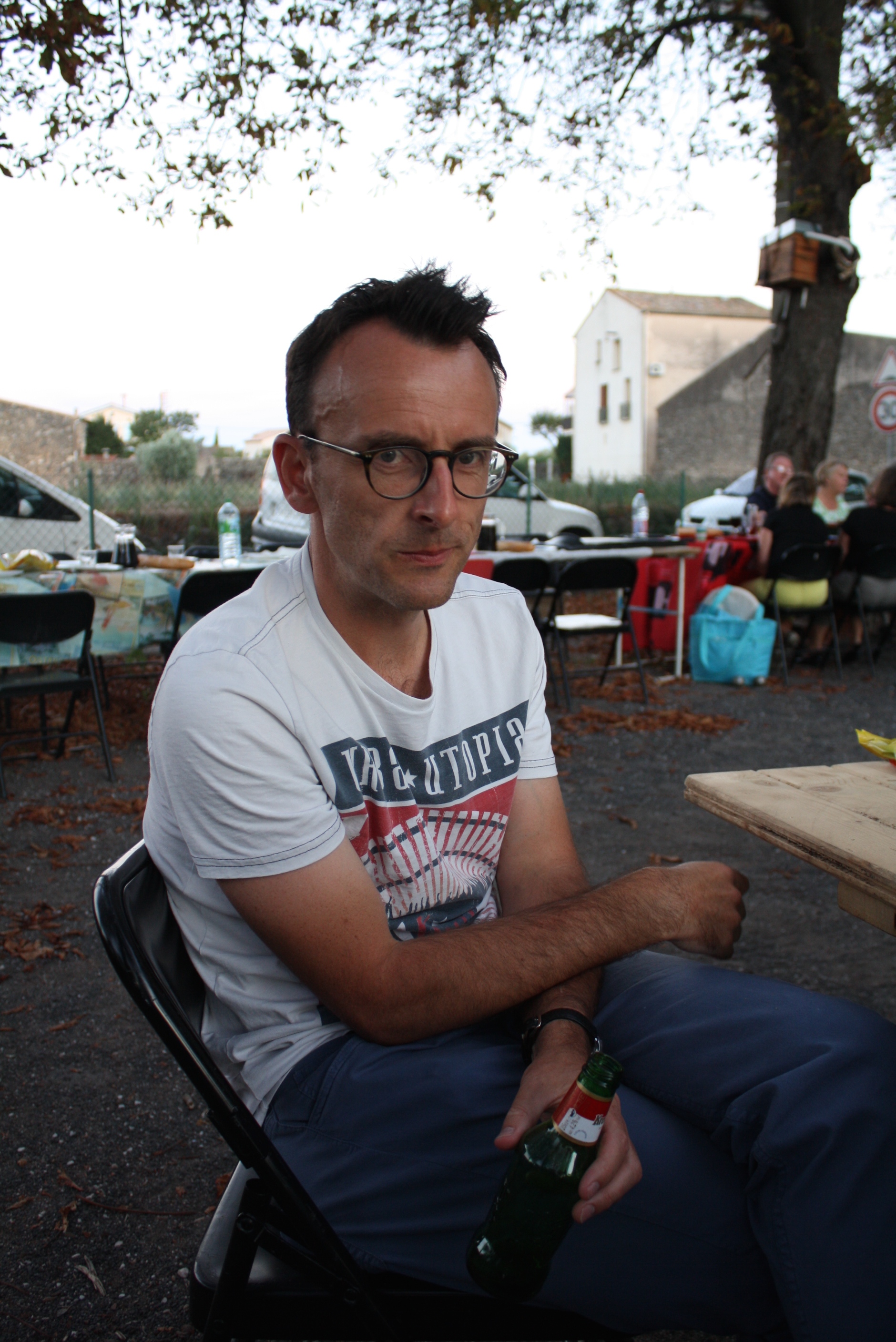The Revelations by Alex Preston.
This is the story of four friends fresh out of university who become involved with an evangelical cult-like Christian religious movement.
Marcus, Mouse, Lee and Abby have all attended an unnamed university; a good institution probably collegiate, somewhere old. They have had a good time there but you get the feeling its been a somewhat cosseted experience.
When we meet them they are all struggling with the demands of life, and of London – this sprawling soulless city – and with the fact that they are slowly moving into that part of life where responsibility is burgeoning.
They are out of their comfort zone and so are drawn into religion (or this particular brand of it) to help cope with the pressures of their changing lives. The Course, the movement that has inspired them, pulls them in with its promise of meaning, spirituality and a community. All of the things that vibrant, decadent London seems to lack.
And yet despite their belief and their dedication – they are all Course Leaders – they continue with a parallel life of drinking and sex and partying. I have noticed some reviewers find that odd. I would have thought that contradictory behaviour is the very essence of being human.
Preston captures their struggles and this conflicting behaviour and the resulting angst very well. Each character is well drawn and believable. And the relationships within this foursome are compelling and complex. You get the feeling that this is a writer who is hitting his metre. His first book, This Bleeding City, I enjoyed, but this feels different. More ambition has been set out and achieved.
He treads the difficult fine line between commercial and literary fiction rather well – this is a hard thing to pull off. And the plot rattles long as the four friends move towards The Retreat – a time for reflection and commitment to their religious beliefs. Once there they are faced with the challenge of the commitment being asked of them. They react with varying degrees of calamity.
The other characters are effective too. David, the charismatic Course founder is a complex man. Clearly ambitious and calculating, but you feel he too is caught between that ambition and his own private fears about his veracity and motivation. This is achieved subtly – and this shows the skill of the writing. David is not a Bad Guy, he is nuanced and so an effective device as we can’t sit back and throw fruit at him. Clever.
This is similar to the approach taken to the Church and the Course. Preston does not tell us about how awful the Course is. He just presents it. He lets the plot do its own talking. He shows what they do and how the characters – major and minor – feel about that. He exposes the practices of the church and the inner lives of these fearful, and at times doubting protagonists. Again this takes skill. And he does it very well. There is no authorial whispering in the readers ear. The Church stands or falls on its own merits or otherwise….
It would have been nice if he has teased a bit more of the financial side of the Course out. This is represented by the enigmatic Earl figure. A man who has found another way of making money and we suspect mouths the words and speaks in the tongues as a matter of form to keep this his latest network of contacts and capital open. But I think that’s a personal thing – it’s something I’d like to know about.
Preston seems to be carving a niche for himself as a commentator on London and on the challenges of modern life. I can think of few better goals for the modern writer. Specifically with this novel he has successfully put his finger upon firstly, the religious impetus and secondly, on the mechanisms and techniques – both psychological and more, technical, of a crusading religion.
This is fascinating stuff, with the debate about the place and role of the church in our society we need books like this to shine a light on those charlatans – who are praying on peoples ennui and fear rather than providing a useful place for reflection and growth – what I’d like to think religion ought to be about. (although there are better ways to go about that….)
This is an important book and I would like to see more books with these themes in print.
In summary, Preston captures big themes of belief, faith and doubt in the intimate moments of his well drawn and complex characters. It’s a compelling read, heartrending at times, and thoroughly recommended.
The Revelations is Alex Preston’s second novel. It is published by Faber and Faber.

